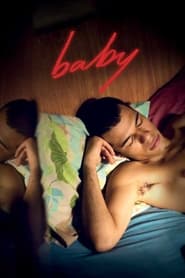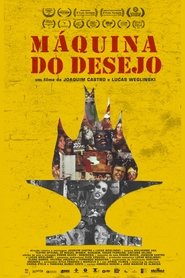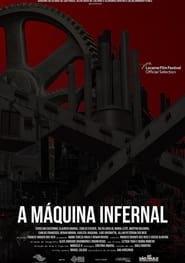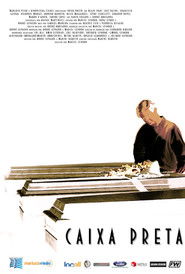detail profile glauber amaral

Info Pribadi
Peran Yang Di Mainkan Glauber Amaral
 After being released from a juvenile...
After being released from a juvenile...Baby 2025
After being released from a juvenile detention center, Wellington finds himself alone and adrift on the streets of São Paulo, without any contact from his parents and lacking the resources to rebuild his life. During a visit to a porn theater, he encounters Ronaldo, a mature man, who teaches him new ways of surviving. Gradually, their relationship turns into a conflicting passion, oscillating between exploitation and protection, jealousy and complicity.
 In six decades Teatro Oficina has...
In six decades Teatro Oficina has...Desire Machine: 60 Years of Teatro Oficina 2021
In six decades, Teatro Oficina has done more than revolutionize theatrical language in the country: the aesthetic influence of José Celso Martinez Corrêa's company extends from Tropicalism to the renewal of Brazilian audiovisual languages from the 1960s onwards. The film revisits a story that it involves personalities such as Caetano Veloso, Glauber Rocha, Lina Bo Bardi, Chico Buarque and Zé do Caixão, brings together scenic art, ecology, architecture and sexuality, and mixes art and life in the search for a Brazilian based language.
 A tale about the apocalypse of...
A tale about the apocalypse of... After running away from home in...
After running away from home in...